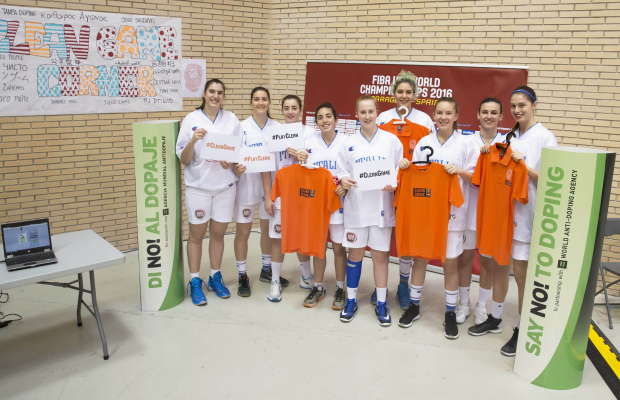Technology has been responsible for many advances in modern sport, helping us share, learn, and communicate more effectively. Use of social media platforms has led a range of benefits for sport and recreation clubs, but with that has come inevitable issues. (see further: Social Media)
Common social media issues
- Cyberbullying
The use of digital technology to threaten, menace, harass, and humiliate an individual or group. In sport, cyberbullying may look like online racism, targeted threats, intimidation to team members and opposition players, coaches, and teams, defaming of referees, coaches, management, or unsubstantiated claims of drug-taking or favouritism.
- Image-based abuse
Known colloquially as ‘revenge porn’ or the non-consensual sharing of intimate images, is another harmful online activity which can affect players.
Other social media abuses may include cyber abuse, offensive or illegal content, sexting, unwanted contact, social engineering, and social networking.
Reporting social media abuse
- Keep record
- Take screenshots or photos of the cyberbullying content
- Save or record evidence of the webpage addresses (URLs) or social media services where the content has been shared
- Always record the time and date
- Report & block
- Report it to the platform where it took place
- Use the platform or device settings to block the person
- Make a complaint
- If you are under 18 years old, you can report seriously threatening, intimidating, harassing or humiliating online behaviour to your local authorities
- Check with an adult and with your National Federation for help
